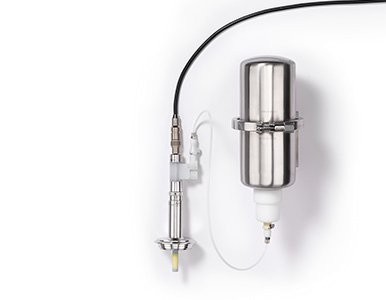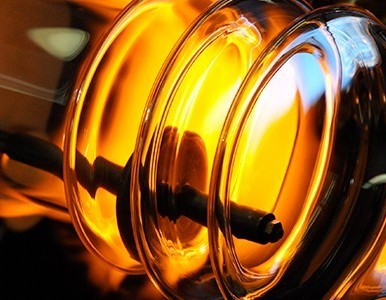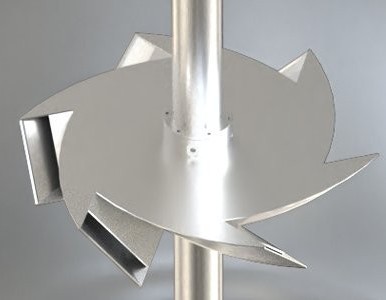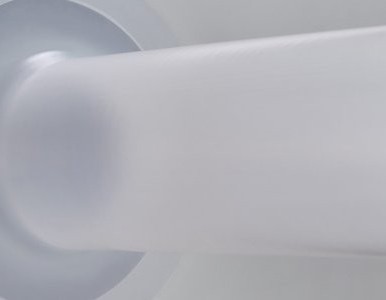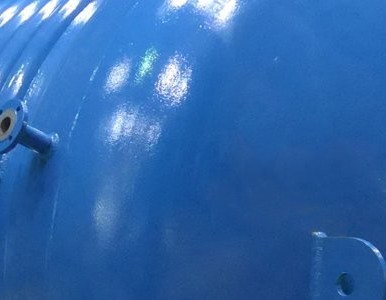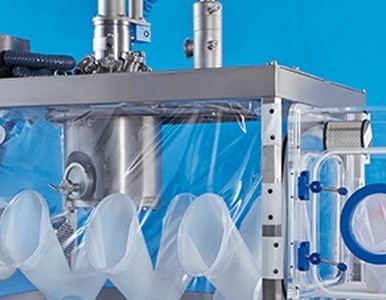The importance of Ph measurements in Breweries
05 August 2017
The importance of Ph measurements in Breweries

The brewing process is based on natural products whose characteristics and qualities change from season to season. To be able to ensure consistent quality and taste despite these changes, numerous individual process parameters need to be observed.
An important parameter in this context is the pH value, which plays an essential role in several process stages when it comes to ensuring consistent quality.
In-line measurement points need to produce reliable results despite CIP processes, high temperatures and pressures, and increased flow rates.
This is where conventional glass electrodes soon reach their limits. They are characterized by a number of disadvantages such as their fragility during CIP processes, the risk of glass breakage, short calibration intervals and drifting measurement values due to ageing of the glass probe.
CIP and periodic calibration processes make it necessary to remove the glass electrodes from the system, often associated with complex retractable assemblies and high maintenance efforts.
The life cycle of a glass electrode is influenced by a great number of different factors, which means that the measurement point must be monitored and maintained constantly. Ageing is one the most important factors here, as it affects the probe’s sensitivity and measurement characteristics.
Conventional glass electrodes need to be calibrated and replaced at regular intervals in order to compensate for the effect of ageing.
Pfaudler pH probes made from robust, anti-adhesive glass-lined steel represent a solution when it comes to meeting high quality standards under challenging process conditions.
Thanks to the combination of a robust steel body with a coating made from technical glass-lining, Pfaudler pH probes are capable of withstanding chemical, thermal and mechanical stress.
This means that Pfaudler pH probes can be installed directly in the piping and production tanks – making the use of expensive and complex retractable assemblies a thing of the past.
When using conventional glass electrodes, care must be taken during the production process and following CIP procedures to ensure that the electrodes are always immersed in the liquid medium. If the electrodes were to dry out, they would become damaged and could no longer be used in the measuring device.
Pfaudler pH probes, on the other hand, can be stored under dry conditions for an unlimited period of time, without any adverse effects on their measuring characteristics.
Application of pH probes in breweries:
Brewing water treatment
Mashes
Wort boiling
CIP processes
Filling
Flushing water treatment
Waste water treatment
Facts and figures on Pfaudler pH probes:
- EHEDG-certified hygienic design
- Cleaning/sterilising in place (CIP/SIP-compatible)
- Anti-shatter design
- Resistant to chemical, thermal and mechanical stresses produced by flows, pressure, vibrations and abrasion
- Maximum operating pressure: -1 bar … +6 (+15) bar
- Maximum temperature range: -5°C … +140°C
- Shock-resistant up to ?max T 120°C
- Stable measurement characteristics
- Low maintenance efforts thanks to long service life
- Inline measurements possible without retractable assemblies
- No product build-up thanks to smooth surfaces
- Resistant to oils and greases
- Integrated temperature measurement for temperature compensation
- Unlimited dry storage
Summary – Benefits of Pfaudler pH probes
The use of Pfaudler pH probes unlocks numerous benefits when it comes to increasing process quality and plant safety. Their long service life and stable measurement characteristics translate into considerably lower maintenance efforts, while producing reliable inline measurement results at any time.
The robust hygienic design minimises the risk of glass breakage and the resulting risk of product contamination. Operating and production times are optimised thanks to the probes’ short regeneration time after CIP processes, and without the need for retractable assemblies.
Despite the higher purchase price compared to conventional glass probes, the life cycle cost of glass-lined pH probes proved to be lower in the long term.
Download the document with more technical details.
Check out our life-cycle cost calculator
Contact Pfaudler today to learn more
